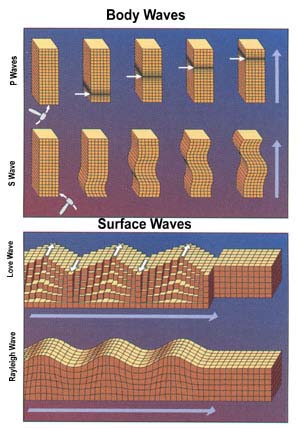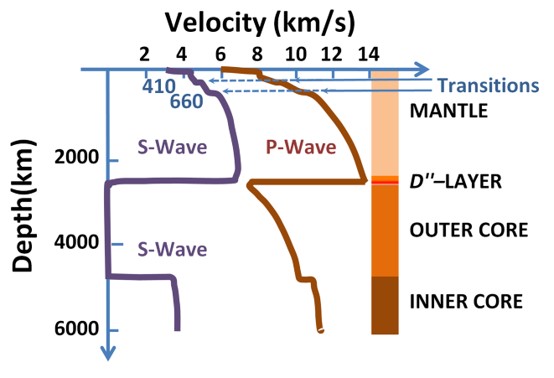|
According to Wikipedia, "Seismic waves are waves of energy that travel through the Earth's layers, and are a result of earthquakes, volcanic eruptions, magma movement, large landslides and large man-made explosions that give out low-frequency acoustic energy."
What would be the equivalent in today's markets?
The correction in cryptocurrencies first comes to mind, or maybe the realization that a steepening yield curve is, after all, a real possibility?
"The propagation velocity of the waves depends on density and elasticity of the medium. Velocity tends to increase with depth and ranges from approximately 2 to 8 km/s in the Earth's crust, up to 13 km/s in the deep mantle.
Earthquakes create distinct types of waves with different velocities; when reaching seismic observatories, their different travel times help scientists to locate the source of the hypocenter. In geophysics the refraction or reflection of seismic waves is used for research into the structure of the Earth's interior, and man-made vibrations are often generated to investigate shallow, subsurface structures."
Here are two interesting charts:
Body waves and surface waves

Source: Wikipedia, No author given. PD because from https://earthquake.usgs.gov/, via Wikimedia Com, June 2004
Speed of seismic waves versus depth into the Earth

Source: Wikipedia, Brews ohare, 21 February 2010
"Velocity of seismic waves in the Earth versus depth. The negligible S-wave velocity in the outer core occurs because it is liquid, while in the solid inner core the S-wave velocity is non-zero."
| 


